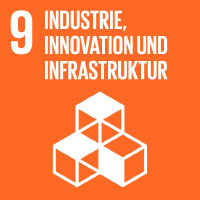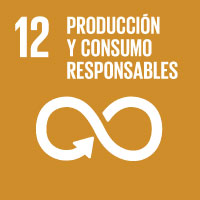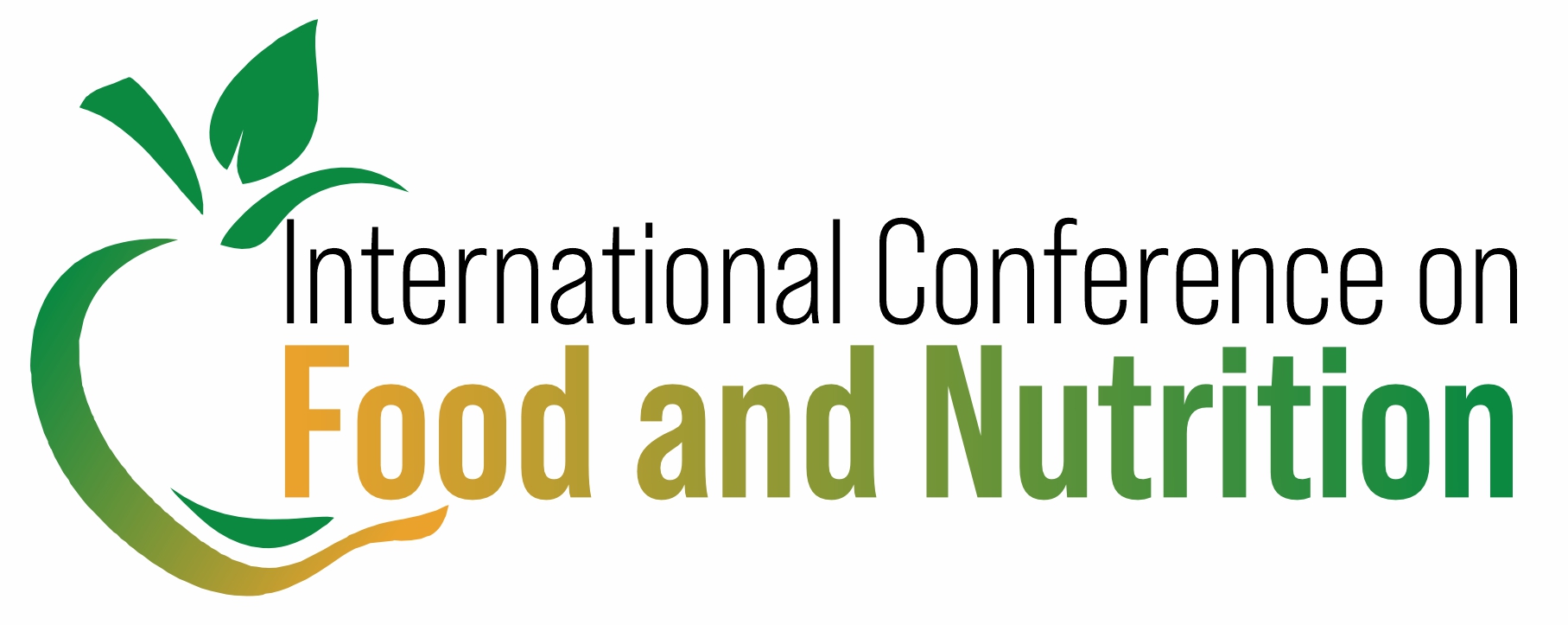- Phone
+1 (815) 859-9409
- Mail to
[email protected]
Technology and Culinary Innovation
Session Overview

Goal 9 : Industry, Innovation, and Infrastructure
Promote sustainable industrialization by investing in innovative infrastructure that drives economic growth and development. Foster innovation to create sustainable solutions for global challenges.

Goal 12: Responsible Consumption and Production
Ensure sustainable production and consumption patterns to minimize environmental impacts. Encourage responsible practices in industries to promote resource efficiency and reduce waste.
Who Can Join
Tracks
Topics of Interest for Submission include, but are not limited to:
1 Food biotechnology and genetic engineering
2 3D printing in food production
3 Traceability technology in supply chains
4 Artificial intelligence in meal planning
5 Packaging innovations for food preservation
6 Sustainable packaging materials
7 Food delivery apps and their impact
8 Impact of Food Marketing and Advertising
9 Food Nanotechnology
10 Single Cell Protein
11 Enzyme Technology
12 Biofilms, Edible Coatings & Films
13 Alternative Protein
Key Themes:
- Exploring cutting-edge technologies that revolutionize culinary practices, enhance food production efficiency, and offer innovative gastronomic experiences.
- Addressing strategies to tackle hunger, food scarcity, and equitable food distribution in the context of growing global populations and resource constraints.
- Highlighting advancements in food safety protocols, contamination prevention, and hygiene practices to ensure healthier consumption.
- Investigating the integration of traditional diets and medicinal foods into modern nutritional science for enhanced well-being.
- Emphasizing the role of diverse dietary habits and cultural influences in shaping sustainable and inclusive nutrition systems.
- Advocating for sustainable farming techniques, eco-friendly food production systems, and technological interventions in agriculture.
- Exploring adaptive strategies for food systems to withstand and mitigate the impacts of climate change.
- Discussing the potential of plant-based, lab-grown, and other alternative proteins as sustainable solutions for future food needs.
- Promoting awareness, policy-making, and advocacy efforts for better public nutrition and health outcomes globally.






